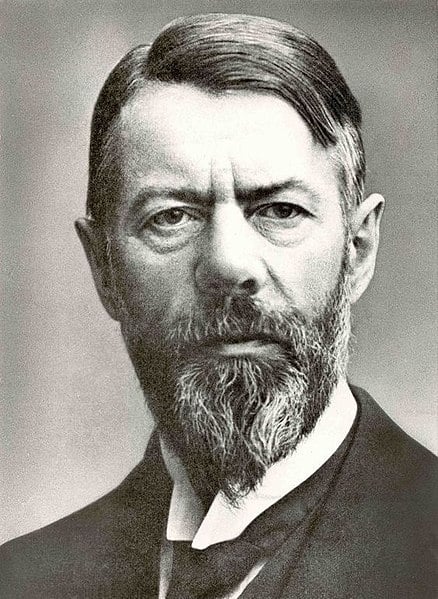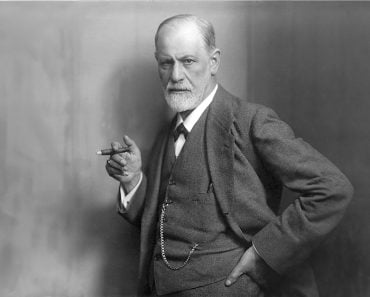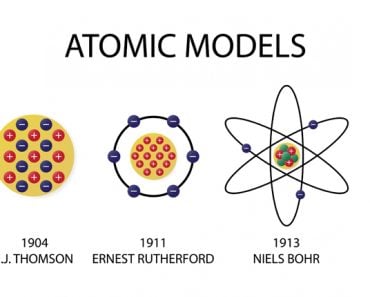Table of Contents (click to expand)
Max Weber says that modern lives are subject to institutions, which reduce humans to objects, and ultimately cages them to a life of monotony.
The Industrial Revolution and a growing belief in science in the late 18th century paved the way for the ‘modern’ world as we know it today. The formation of huge cities, advanced technologies, and an increasing standard of living all helped in the constant progression of the modern world.
Today, we often hear the phrase ‘fast-paced world’ to describe how swiftly we, as a species, keep progressing in multiple domains of life. From the morning rush to the office to the evening traffic to return home, everyone seems to be moving at an incredible speed through their days to keep up with this fast pace of the world.
It is in the midst of all this high-speed change that, some thinkers argue, we have all been imprisoned by our lives, which has left us with nothing else to focus on but our work. One of the prominent thinkers of this line of thought was a German sociologist, Max Weber, who put forward his theory of the ‘Iron Cage’.
Some natural questions that could arise upon reading this could be: How can we be imprisoned by something we cannot see or feel? Well, read on to find out…
Recommended Video for you:
Who Was Max Weber?
Max Weber was a German sociologist, jurist and political economist. Weber’s father was a prominent academician himself, and Weber learnt a lot under the academic atmosphere that his father had created.

When Weber was growing up. the logic of positivism, a field of enquiry that relies on data and institutions, was the dominant ideology. Weber always stressed the importance of interpretation, and how in empiricism, interpretation often gets lost. It is based upon this idea, and his interest in social policy and change, that he looked towards capitalism, and specifically its conflict with the social sphere.
The Rise Of Instrumental Rationality
Weber describes modernity as the period in which people decided to make use of collective knowledge and experience, to propel society forward, in terms of inventions, discoveries, luxuries etc. According to Weber, living in a period in which extensive knowledge regarding history, the natural world, and inventions exist demands more effort from human beings to advance further, and know more than they ever have before.

This knowledge and determination to do better creates a certain logic that drives society. This logic hopes to shape every person in such a way that they can use the collective resources around them, to become the ideal human being, and help in the progress of society. With modernity came the setting up of institutions and a certain structure, which can help in furthering this logic too! Under institutions and structure, the human being is looked at as the tool of the structure, which contributes to the findings/works of the institution, ultimately helping in the progress of society. Weber called this logic, which drives modernity and every person in it, ‘instrumental rationality’.
The Iron Cage
Upon first reading, the logic of instrumental rationality does not seem counterproductive at all; it seems like it helps in the real advancement of society. Weber is able to apply a humanist approach to this logic, where he argues that living in modernity comes with its own ‘curse’.

According to Weber, living in a period with so much knowledge and experience is fortunate, but also puts an enormous burden on all who continue to live in it. The expectation that a modern person shall make use of everything around them, in order to achieve an ideal state and help in the advancement of society, is a huge burden that most people might not want, nor perform well under.
Modern World: Where Man Is Reduced To A Number
In the process of people striving towards this perfection, instrumental rationality also reduces them to mere tools/numbers. Weber gives the example of going to an office to resolve a certain query you might have. In the office, to make sure that you are heard, you are given a number, and your query is dealt with according to certain guidelines and rules; the understanding of being human is lost. Weber says that in the office, the human being is reduced to a number, nothing more, nothing less.

A society in which people are burdened with such expectations, and reduced to tools and numbers, is the effect of modernity. It is here that Weber coins the term ‘iron cage’ and mentions how living in this modern society is like living in an iron cage, as one can never escape this burden of modernity, nor the reduction that comes with it. To end, he pens a very famous quote, “We are specialists without spirit, sensualists without heart; this nullity imagines that it has attained a level of civilization never before achieved.”
Conclusion
Max Weber published his observations on modernity in his book, The Protestant Ethic and the Spirit of Capitalism, which was originally printed in 1905. However, a significant amount of time has passed since he first recorded his observations, and his work is still considered groundbreaking in its approach towards the social approach and interpretation. It is true that society has progressed even further since 1905, but any time the frustrations of education, competition, jobs, and money come up in the modern world, Weber’s analysis lingers in the background, looming and wise and threatening, providing us with the key to our shackles.
References (click to expand)
- Max Weber - Stanford Encyclopedia of Philosophy. The Stanford Encyclopedia of Philosophy
- Weber M. (2002). The Protestant Ethic and the Spirit of Capitalism: and Other Writings. Penguin Publishing Group
- Harvey D. (1992). The Condition of Postmodernity: An Enquiry into the Origins of Cultural Change. Wiley












